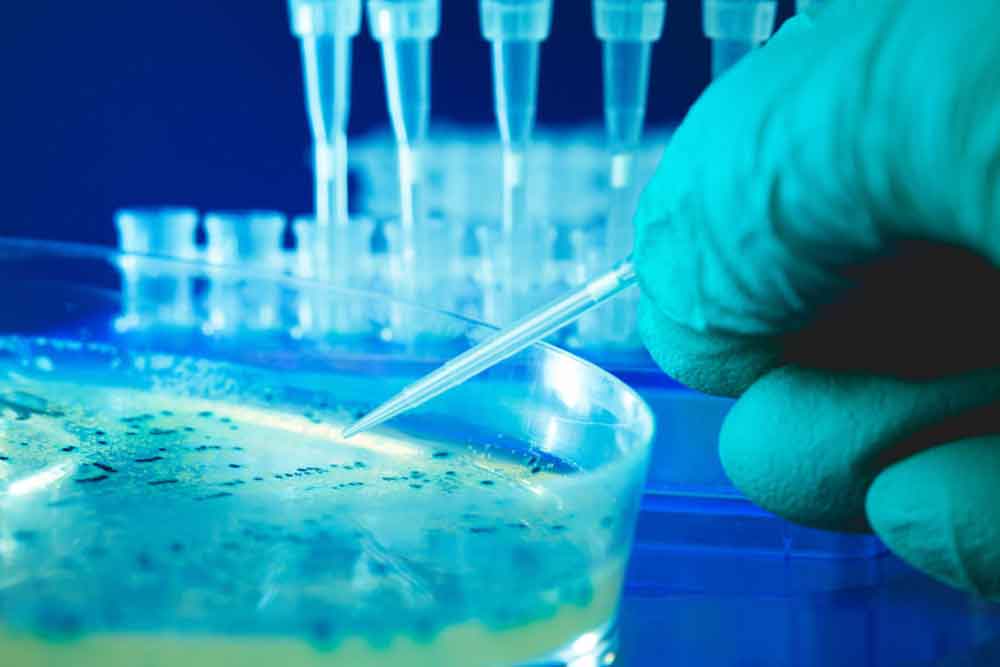Congratulations to our first trainees on completing HSST
Congratulations to our first two trainees on completing the Higher Specialist Scientist Training (HSST) Programme.
- Published on
- 11th April 2019
- Filed under
- HSST
We spoke to Rob Shorten about his five-year experience as a Microbiology HSST trainee.
Q: How would you summarise your experience on HSST?
My HSST experience was very positive. Five years flew by very quickly and there were so many experiences to fit into this time. The department where I was based treated all the trainees equally – HSST Clinical Scientists and medical Specialist Trainees. This was instrumental in how we became competent to participate in the day to day clinical service as well as on call. There was a synergistic learning approach between us and the medical trainees.
Q: What tips would you give future trainees?
Many HSST trainees are attempting to gain all this new clinical experience whilst also carrying out their other duties. The ability to multi-task and time manage is important, but actually doing the job full time prepares you to think, act and feel like a consultant. My main tips would be:
- Try to plan as many experiences and exposures as soon as possible. There really is so much to squeeze into five years and it’s easy to fall into the trap of ‘that can wait until year X’. This is easier said than done, of course, due to the many pressures on your time. In microbiology this was on top of learning the ropes and becoming clinically competent to do on-call as soon as possible.
- Try to see where evidence and competencies overlap. Try to use a single experience or piece of evidence to meet more than one competency where possible.
- Be proactive! Volunteer for things. Ask to shadow senior members of the team wherever possible – the experience that you’ll gain will be very helpful in your consultant role.
- Try to highlight difficult-to-meet competencies early. This may be because it’s not normal practice in your department or the experience may need to be observed elsewhere. Foreseeing challenges early on makes solving them easier.
- Finally, I think ‘doing the job’ full time is key to a) gaining the experiences to complete the competencies, and b) feeling competent to be a consultant when exiting the scheme.
Q: Can you tell us about any interesting/challenging periods you experienced?
I had only been in my post a few months when I volunteered to go to Sierra Leone during the height of the West Africa Ebola outbreak. The department were incredibly supportive of my decision and colleagues helped to swap clinical shifts in order to accommodate this. I led an excellent laboratory team in Kerry Town for a month and gained so much from the experience. I’m very lucky to have been allowed to do this so early in my HSST post.
Q: What are your plans for the future?
I plan to apply for a consultant Clinical Scientist post in the trust where I am currently based. This should be around May/June.
I’d first like to establish myself as a consultant microbiologist, participating in a department that currently has no consultant Clinical Scientists. I’d like to continue to perform clinical research and lead service improvement, which I think are fundamental to the role of a Clinical Scientist. I’d also like to continue to help other trainees (AP, BMS, STP & HSST) wherever possible.
Finally, I’d like to continue to contribute to other groups, such as the Advisory Committee on Dangerous Pathogens (ACDP), the Microbiology Professional Group of the Association for Clinical Biochemistry and Laboratory Medicine (ACB), and the Life Sciences Themed Board of NSHCS.
